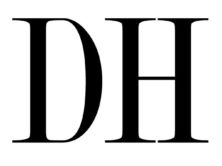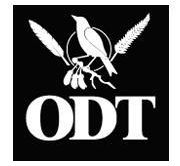(Credit : Waikato Times, screenshot)
The New Zealand Press Council dismissed a complaint over the Waikato Times‘ November 22 story “Drug puts students in hospital.” According to Mondo Times, the Waikato Times is a daily Hamilton, New Zealand newspaper owned by Fairfax Media.
The article reported that “Up to 11 Hamilton students took ecstasy tablets at Fairfield College” and some were taken to the hospital. The article also noted that the school has “received more bad publicity” this past year including an “appalling” review, “incidents of bullying,” and graphic photos of the school were published on Google maps.
According to the ruling, a man named Tomek Pietkiewicz complained that the article violated “Press Council principles relating to accuracy, fairness and balance and also breaches the principle of confidentiality.”
Pietkiewicz, who started a petition against “media persecution and sensationalism of Fairfield College,” first complained to the Times’ editor, according to the ruling. Pietkiewicz claimed the newspaper erred in several ways including:
- The story reported the students took ecstasy, when they took BZP.
- He said “the article was unbalanced in the negative light it shone upon the school and by revisiting other adverse stories about the school, the newspaper failed to meet the need for balance.”
However, the Times’ editor defended the story as being “in the public interest” and noted that the Times corrected the name of the drug in question “as soon as it had that information,” according to the ruling. (The correction isn’t published here, however. iMediaEthics has written to the Times to ask why not.)
He added that the Times published “a follow-up article..two days after the initial article” which highlighted “positive aspects of the college’s record.” Further, the editor “argued that the school was shown in a bad light because it does not enjoy a good reputation and has featured widely in national media for a variety of previous incidents,” according to the ruling.
In its ruling, the council agreed with the editor that the story was “of significant prominence” and “relevance” and noted that since it was a “news story it does not require a balance of ‘good and bad.'”
Also the council noted that previous rulings have concluded that “balance can be achieved over time and often cannot be expected to be achieved within the constraints of a single news story. ”
We have written to the Waikato Times for comment and will update with any response.





